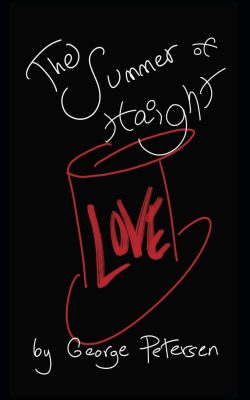|
Listen to or download this article:
|
 Renowned author and mother of a son with autism, Ellen Notbohm here writes from both a personal and a studied viewpoint.
Renowned author and mother of a son with autism, Ellen Notbohm here writes from both a personal and a studied viewpoint.
Not so long ago, autism was considered incurable, hopeless, a sort of dead-end diagnosis. But with time and attention to real people on the spectrum, we know now that children with autism can become positive, productive adults. The author’s son, Bryce, decided early on to “be happy” despite his differentness. For parents initially facing the diagnosis, there will undoubtedly be challenges, often on a daily, hourly basis, but Notbohm’s diligent exploration assures us that “autism is not awful.”
The ten messages from your child are 1. “I am a whole child.” My autism is part of me. Even the word “autistic” can classify me negatively. 2. “My senses are out of sync.” I may have heightened, sometimes terrifying sensations that keep me from engaging in ordinary activities. 3. “Distinguish between won’t and can’t.” Just because I balk at a new task, even something simple like riding a bus, doesn’t mean I’m defiant – maybe just scared. 4. “I am a concrete thinker, I interpret language literally.” Don’t speak to me in roundabout ways; just tell me what to do plainly. 5. “Listen to all the ways I’m trying to communicate.” My communication barriers make it hard for me to learn to socialize. Study my body language. 6. “Picture this! I am visually oriented.” Visual cueing really helps. 7. “Focus and build on what I can do rather than what I can’t do.” Watch what I do well; encourage my neatness, my ability to occupy myself without outside stimulation. 8. “Help me with social interactions.” Recognize that sociability will be one of my toughest challenges. 9. “Identify what triggers my meltdowns.” Yes, I may explode sometimes; you can help. 10. “Love me unconditionally.” Don’t base approval on an “if.”
Notbohm examines each of these simple revelations in fascinating and practical detail, using numerous examples and referencing many authorities, including autistic notable Dr. Temple Grandin. As part of her own mothering experience, Notbohm recalls a lovely, lively example of telling Bryce to “stick to his guns”- an idea that horrified his literal mind. Then he cleverly concludes that she must have meant “gum.”
Parents, educators, social and community workers should read this dynamic take on an often confusing and misunderstood aspect of human consciousness and development. Notbohm poses common viewpoints about autistic children and offers real strategies for improvement in the child’s outlook and abilities and the parent’s understanding and broader perspective.
Ten Things Every Child with Autism Wishes You Knew won GRAND PRIZE in the CIBA 2019 I & I Awards for Non-Fiction: Insight and Instruction books.












Leave A Comment